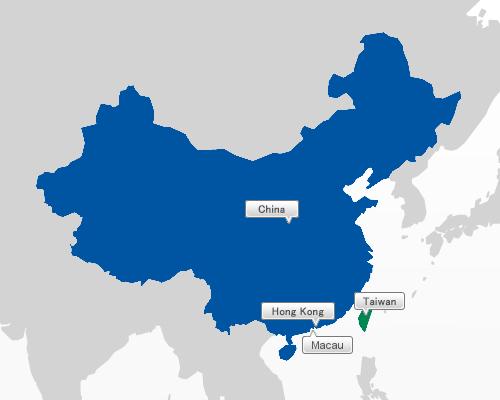7667766266
enquiry@shankarias.in
Why in news?
Lakhs of protesters marched the streets of Hong Kong in the biggest protest since the Umbrella Revolution of September-December 2014.
What is the political status of Hong Kong?
What is the extradition agreement status?

What is the recent extradition Bill?
What are the protesters’ concerns?
What is the global reaction?
Source: The Hindu, The Indian Express